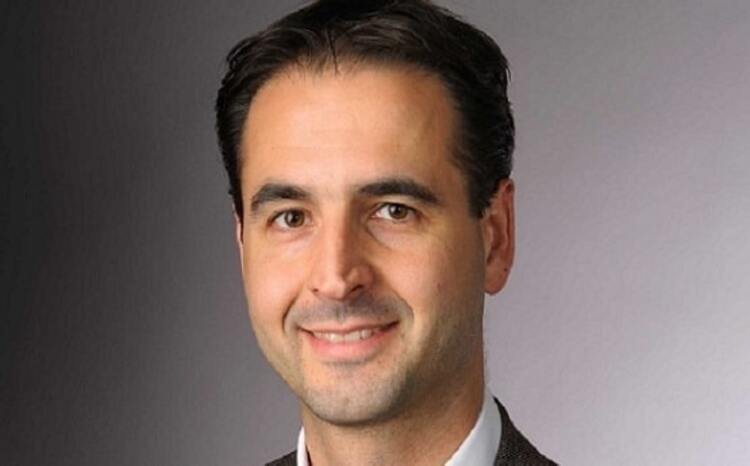Our website could do so much more
- 9 June 2009
 |
| Dr Neil Paul |
I think that it is about time that practice websites got a lot better. I also think that it’s time that we in general practice took control of them again.
Most practice websites are very basic; a few pages with information on them that rarely changes, plus a news page. If you’re very lucky, there will be a system for online prescriptions and appointments.
Our website is no better than most, but I would like to improve it. There are several reasons why I might want patients to regularly visit and use it:
I would like patients who are new to the area to register with me and for existing patients to give me good feedback. This might involve publishing my results and in-house audits, as well as advertising my services.
I would like to use the website to gather patient data.
I would like an efficient, cheap way of communicating with patients that didn’t clog up our phone lines, and to improve access by giving them other routes for communication 24 hours a day.
I would like to advertise private medical and/or travel services.
I would like to advertise other providers working out of my surgery.
As a leading practice in a practice based commissioning consortium, I would like to publicise to potential partner organisations our commissioning priorities and plans.
I am also concerned that there are potential revenue streams I may be missing out on; whether these are a simple Google adwords box or a more complex deal similar to the ones that allow practice leaflets to advertise local services.
At the moment, we use Emis online for prescriptions and Frontdesk for appointments. I don’t have anything against either company, both of whom have pioneered online services ahead of the national programme.
However, I am concerned that patients may soon learn that they can go straight to their websites and by-pass mine. Speaking to patients who run businesses in the real world, they are stunned that we as GPs are giving so much brand presence to our IT suppliers – for free.
They tell me it’s all about the front-end to your website seamlessly moving users from one subsystem to another without them ever knowing.
Perhaps I am being unfairly worried about existing suppliers, and they would be happy to sit behind our front-ends if we were capable of developing complicated sites. In which case, maybe some of the companies building primary care websites need to up their game?
I like the concept of my website being the only website my patients see for two more reasons. Logging into multiple sites must be a big pain, and once logged in all sorts of things are possible.
For example, a patient with diabetes might see information tailored for them, such as the times of clinics, cholesterol targets and so on. A new mother might see the contact number for our health visitors and details of local mother and baby groups.
Patients could type in their weight, blood pressure and other medical details and have it appear on the clinical system for me to see; to their credit Emis – and perhaps others – are trialling this already. They could also fill in surveys and feedback forms.
Meanwhile, why can’t we link the website to the phone system, and show people the number of current callers, free lines and estimated waiting times?
Why can’t patients get a message saying their results are back and be given a list of options for acting on them?
Why can’t you access Choose and Book from my website (it might even, just possibly, make me keener to use it)? For that matter, why can’t a patient check all their upcoming hospital appointments from my website; they could, if it could speak to the hospitals’ patient administration systems.
They could also check their medicines were ready for collection, if it could liaise with pharmacy systems. Indeed, they could even check I’d got the medication right if some of the information that’s hidden away on my intranet was on my website.
What is wrong with people knowing we have agreed that we will prescribe Simvastatin 40mg first line for primary prevention unless there are reasons not to? They’re the ones that will be taking it, after all.
I don’t think we should be afraid to be seen o be making evidence based, rational, cost effective decisions. It should help patients to make more informed decisions if they don’t just get pseudo advertising on the web, but an explanation of our ideas and those of our medicines management and commissioning teams.
Overall, I believe that GPs are central to a patient’s healthcare; so they should be central to their online health as well.
Dr Paul is a full time GP working at the Ashfields primary care centre in Sandbach. He sits on his primary care trust’s professional executive committee and has a lead role for IM&T and practice-based commissioning.
A version of this article first appeared on the Microsoft NHS Resource Centre.




